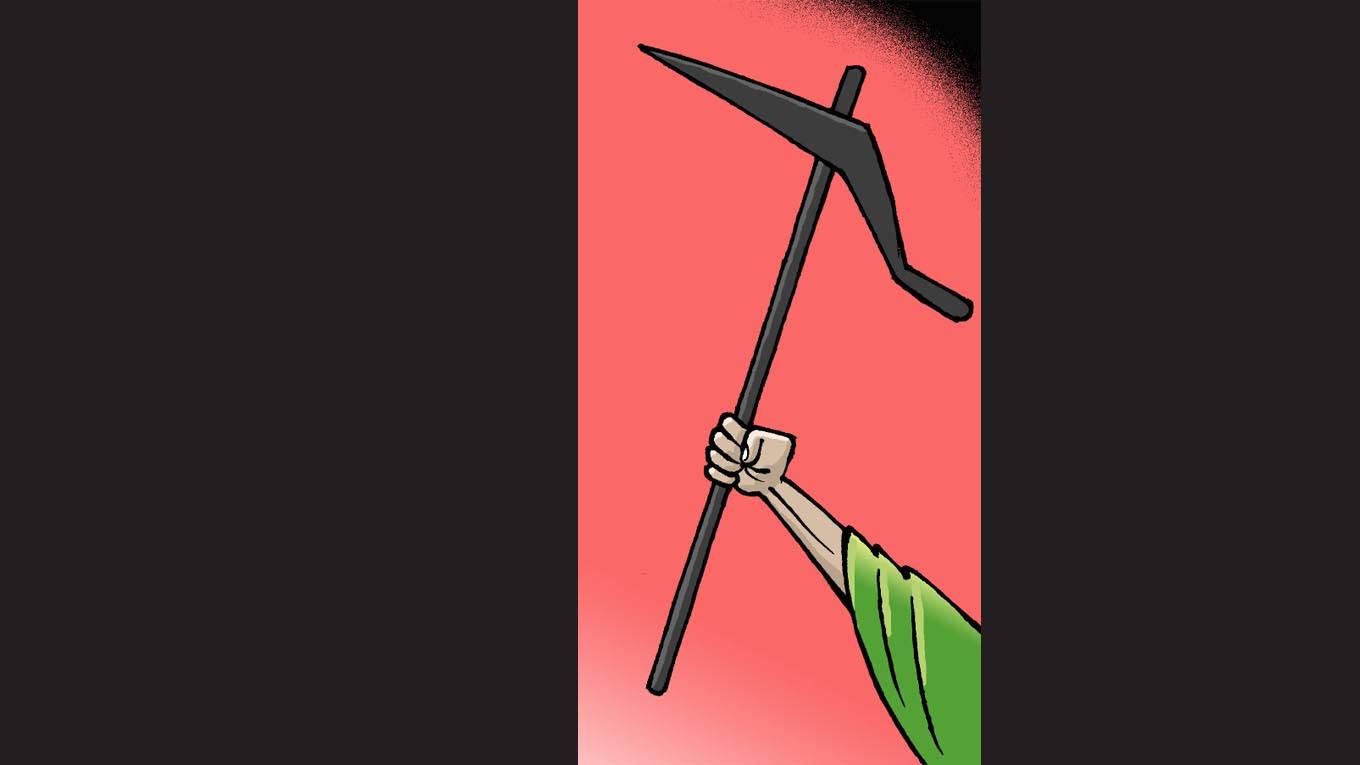The farmers’ protests show no signs of abatement even after eight rounds of talks. Tens of thousands of farmers have been camping near entry points to New Delhi since 26 November, unmindful of the deadly virus that has felled so many people. In yet another display of their organisational muscle, they now plan to take out a massive tractor rally on 26 January to effectively overshadow (and perhaps even disrupt) the Republic Day parade. To give in to the demands of the agitating farmers and scrap the laws would be an uncharacteristic admission of defeat for Modi and his strongman image. That would also negate his claim of transforming Indian agriculture. But letting the unrest linger could cause chaos in food markets, alienate urban consumers at a time when food inflation is rising alarmingly and potentially derail the post-Covid recovery. It also sends out a terrible signal abroad, particularly when Sikh farmers from Punjab have been able to whip up considerable support in the western hemisphere. Also, the Centre cannot just abdicate its duty to listen to its citizens’ grievances and leave the matter for the court to decide. Nobody disputes the fact that, if India is to grow reasonably, farming must come out of its 3 per cent (or 3.5 per cent, as the latest CSO estimates indicate for this year) growth rut. Productivity of labour, land, fertilisers and water has to improve. Massive private investments are needed in storage and processing for the country’s 2 per cent share of global agricultural exports to increase. Modi has come to the conclusion that the answer lies in free markets and in turning the entire country into a free trade area, benefiting 119 million farmers and 144 million farmhands, plus their families. Farmers from Punjab, Haryana and parts of Uttar Pradesh view this move as an end to institutional state support which, they fear, will allow profiteering corporations to rush into the resulting vacuum. A compromise solution would require consultation – something woefully lacking when Modi’s government rammed the bills through a voice vote in Parliament in September. A way out of the logjam could be the creation of an additional law that will give the agitating farmers some solace and protect their income. The additional law can guarantee a basic farm income, benchmarked to every state’s agricultural value added. Once the principles of free market start delivering results, the law can be phased out. The solution is predicated in the fact that an influential section of India’s agriculture – most notably in Punjab and Haryana – relies excessively on selling rice and wheat to the government at so-called minimum support prices. The purchase takes place in mandis. One of the bills gave farmers the freedom to sell their produce outside the designated yards – and without having to pay taxes and fees to the state governments. For grain cultivators, the worry is that, if the mandi falls into disuse, what will happen if the government stop buying from them at guaranteed prices? The fear isn’t irrational. The Food Corporation of India’s granaries are already overflowing. There is a limit to how much it can buy or store.
-

Illustration: Panju Ganguli

































